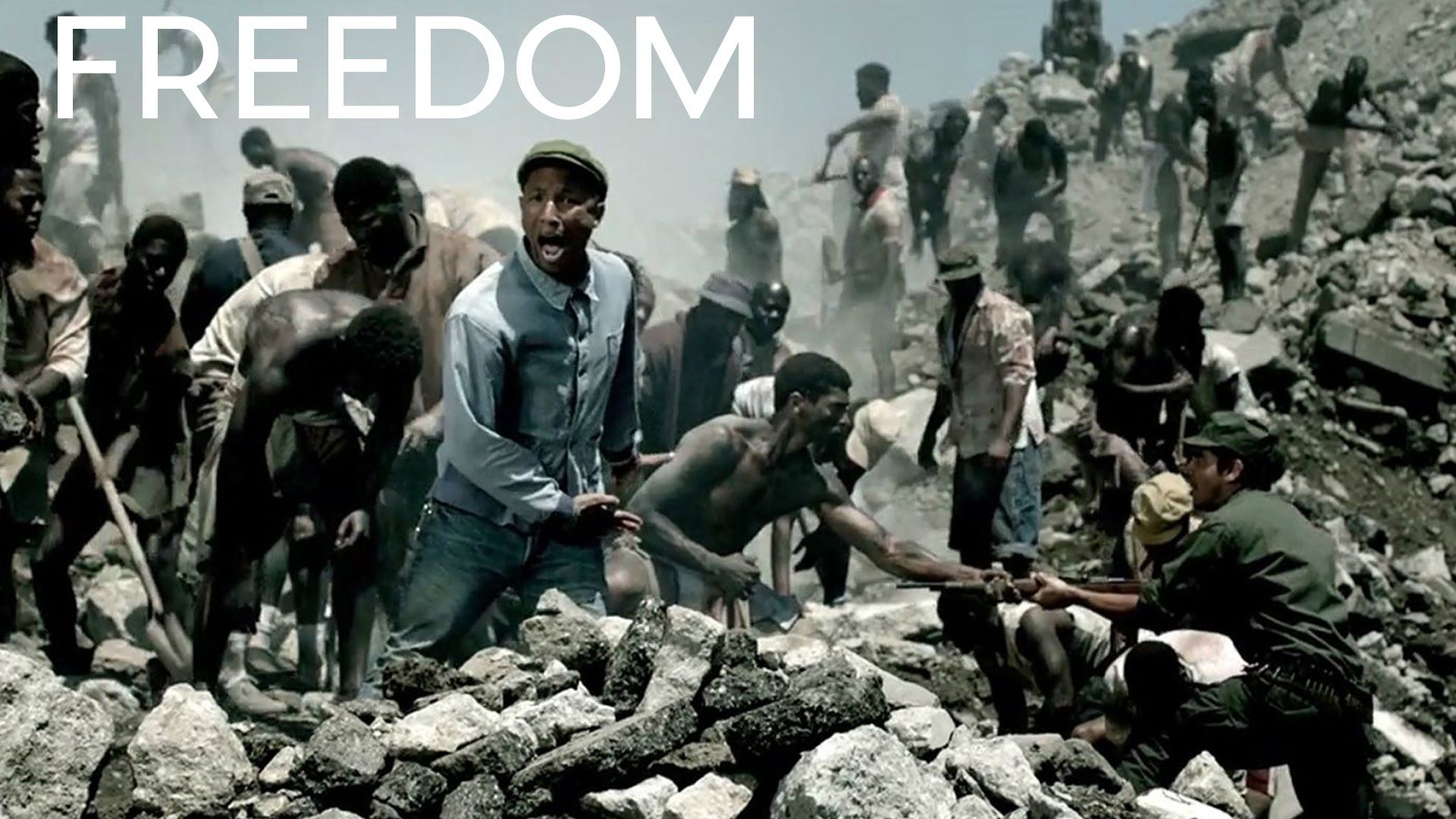Trains of Thought
Cultural Theories of Speed and Solidarity

‘Miss is out! It’s a Cover!’ Reflections on Substitute Teaching
It's funny. And a bit timely… immediately prior to what was undoubtedly one of my worst days of the year, I had a discussion the day before with some of my students the day before about detention and the nature of punishment. I should introduce myself, maybe qualify the whole thing in a larger sense, by saying that kids tend to view me as ‘the cool teacher’ or ‘that calm teacher.’ The latter is more revealing: it suggests, correctly, that I'm easy-going teacher who isn't much of a disciplinarian. And this gave rise to the kids' confidence to speak to me about this, along with the implicit understanding that such an act would not get them detention. For full clarity, you can get detention in our school simply for questioning a sanction and talking back. Technically, any resistance to the arbitrary meting of punishments is itself punishable.
While there are other horrendous examples of similar judicial miscarriages that I might provide, this one alone will suffice. Perhaps it helps to a paint a picture of the discomfort I feel, that prevents me from siding with this institution and adopting its norms. This might also help to clarify where my moniker amongst the students comes from. Yet I’ve really come to resent this label, in full honesty. On the whole I find it generally ignorant, unformed, and shallow—all things which I struggle again in myself as much as others, but do not really detest. Rather, I struggle with this most of all it doesn’t take into account much information. It seems one-side, as though a wholly instinctive response to the absence of arbitrary and unpredictably volatile wills of this country’s foremost ‘educators.’ And for me, that begs the question of my own judgment as an individual or solely an alternative—a fleeting one at that.
For one period—and one period only! —we have a sub!
You’ve all heard that line, felt that sentiment. Did you ever get anything done in school when you had a lesson covered? No? Well I didn’t either! That makes a world of us! I’ve found my job has gotten easier when I’ve recognized this inherent limitation and settled into it. Yet just as the procedural administration of discipline quickly stiffens into a vain sort of non-discursive putative competition, so too a qualified care to achieve what is reasonable is dangerous firstly in its radical inversion of the system here (I am considered somewhat of a glitch in the matrix here, to use a coworker’s expression) and secondly in its ease of prejudicing other parts of a social perspective on me or indeed of my own. To see me this way is to poorly set me up for the inevitable failures that I'll affect. I am not always a calm person nor a collected one. I have my limits; this makes me as it makes anyone else—only human.
Rectitude carries to excess hardens into stiffness,
benevolence indulged beyond measure sinks into weakness.
I am aware, in this quiet grumbling, that some of this challenging tact comes from the nature of my job, no doubt. I've often quipped that cover teaching might be compared to being a cool uncle: you show up for the day with no responsibilities or direction, unlike earnest, frustrated old dad, and you are essentially invited to transgress as a natural means of acquiring social capital. While I’m loath to abandon the metaphor and its larger sense of salience, I’ve come to characterize the job as more of a constant amnesiac state. Rinse and repeat: wake up and start again! It’s the constant turn over that best qualifies my position and the power it wields- it's both a blessing and a curse that my authority runs until and ends 50 minutes after the bell. In some ways, this is a miracle of administrative micromanagement, the success of the over-bureacratisation of the English school system that has a place for everything, and everything in its place. Such a model could be easily adjusted to cycle in the freshest, best-attuned, most skilled teachers to meet the needs of every lesson! And yet it remains somehow abandoned to we cover supervisors, flotsam and jetsam of the salaried teaching staff.
The amnesiac element is clear here as well, and significantly influential. I’m tempted to recall Richard Sennett’s seminal study on short-term, post-Taylorist management on the qualities of personal development, The Corrosion of Character. There is both great promise and utter abandon in the constant cycling I endure amongst different students. On the one hand it provides me a great scope of perspective and introduction; I am convinced I know more students in the school than 90% of the staff here. Were I an institutional affiliate determined to proudly wave its banner throughout its every corner this mobility would be a significant aid: this is the academy as you’ve never seen it!
But of course such a pace is hard to keep up with. For a forward column’s every advance its material needs must be supplied. Long gone are the days when the Huns might move quickly, pillaging as they went: it’s the length of the following wagon train that wins the war! The school resources following my myriad advance are negligible. And even when found in abundance they remain generalised, thoroughly inaccessible in a manner that children can identify with and assimilate to their own being. Because that’s the central lesson of such vertiginous mobility here: there is no shortcut to a long-term relationship built upon the premises of mutual respect, understanding, and shared discursive values—least of all concerning the education of children.
During a personal discussion with one of my students after school, she joked that I should be a motivational speaker. While I appreciate the sentiment, I told her, you ought to remember that you’d pay me no mind if I was! There is no personal pretext for imparting any sort of lessons, forming any modicum of closeness. Why should you treat someone like that as anything other than a kitschy gimmick who repeats the same lines he whispers to himself at night through tears in an effort to stave off the razor? Why should you listen to someone whose struggles to believe her own story you have not seen yourself? I wouldn’t. That’s the heart of a child’s observation of their teacher.
12 October 2022
Trains of Thought | All Rights Reserved






